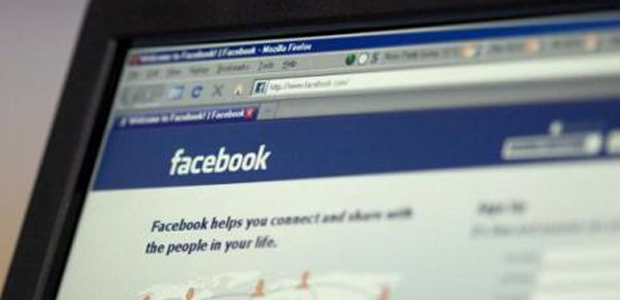Explained: What is Facebook?
Facebook is the latest in a long line of what we now know as “social networking” websites. But what sets it apart from the competitors, is its popularity. At last check, Facebook boasts over 2.23 billion active users.
Established in 2004, from the college dorm room of Mark Zuckerberg, a Harvard student, the website is now worth billions of dollars and is one of the world’s most recognisable brands. It’s even had the Hollywood treatment, with The Social Network, a film exploring the site’s conception, released to wide acclaim in 2011. But, if you’re not quite on top of technology or are new to the internet, as a parent, or a teacher, you probably have a few questions.
What is Facebook?
Facebook is a website which allows users, who sign-up for free profiles, to connect with friends, work colleagues or people they don’t know, online. It allows users to share pictures, music, videos, and articles, as well as their own thoughts and opinions with however many people they like.
Users send “friend requests” to people who they may – or may not – know.
Facebook has over 1 billion users
Once accepted, the two profiles are connected with both users able to see whatever the other person posts. “Facebookers” can post almost anything to their “timeline”, a snapshot of what is happening in their social circle at any given time, and can also enter private chat with other friends who are online.
People with profiles list information about themselves. Whether it be what they work at, where they are studying, ages, or other personal details, many users post lots of information which is easily accessible to their friends and others. On top of this, users can “like” other pages which interest them. For example, a Liverpool FC supporter can follow the club by linking up with its Facebook page. There, the user can post comments and receive club updates, pictures etc.
Why is Facebook so Popular?
For young people, who have grown up with technology, Facebook was once the most popular website there is. However, many teens are migrating to other social networking sites such as Instagram (which is owned by Facebook) and Snapchat.
Those who still use it, use it for social networking. Young people are natural born multi-taskers, so using Facebook, as with any social networking website, is almost second nature to many teens. Social networking websites allow young people to experiment with who they are. They are popular because teens can find their own, uninhibited voice online which they can share with friends. Some teens feel they can express themselves easier online when compared to the real world because perhaps they feel the virtual world is more secure.
Teenagers love Facebook because they can personalise their profile. In much the same way that other generations may have plastered their bedroom walls with posters of their favourite bands or soccer teams, young people now take part in personalising their own space online with pictures, music, videos, and comments. The site has made communicating much easier too. Rather than picking up the telephone to ring your friend’s house, teens can instantly and directly communicate with their friends on Facebook. Even email, another relatively new technology, is of secondary importance to teens who use Facebook to do the majority of their communicating.
Facebook: With the Opportunities Comes Risk
However, despite its popularity, there are also many risks for Facebook’s younger users. UPDATE: Under the new E.U General Data Protection Regulation (GDPR), Ireland has now set the Digital Age of Consent to 16 years old. This means young people under the age of 16 in Ireland are not allowed to access this platform.
Here, Webwise outlines some of the main issues which parents have concerns about:
- Privacy: Teens can sometimes forget that what is posted on Facebook is essentially a form of publishing and, unless profiles are set to private, anyone can view the information. Often, teens post too much personal information online like photos or phone numbers
- Predators: While rare, there have been instances where predators and other unscrupulous individuals have targeted young people on Facebook. Due to its nature, the site can be easily accessed and is full of personal information
- Cyberbullying: Facebook provides bullies with a new and fertile battlefield where they can inflict maximum damage on their target through repeated use of nasty messages and other means. There are numerous stories of hijacked profiles or serious instances of cyberbullying which have lead to suffering for victims
- Meeting Contacts: Many parents fear that young people will meet face-to-face with people they first met online. With this there are obvious risks. Some young people will take online contacts at face value, but unfortunately, not everybody is genuine
- Content: Sometimes, there can be content on Facebook which is unsuitable for young people and will upset them. Because of Facebook’s popularity, there are a lot of older users and often children can be exposed to things parents would prefer they were not.
Staying Safe on Facebook
Facebook gives people control over what they share, who they share it with, the content they see and experience, and who can contact them. For more information go to the Facebook Safety Centre:facebook.com/safety/tools






